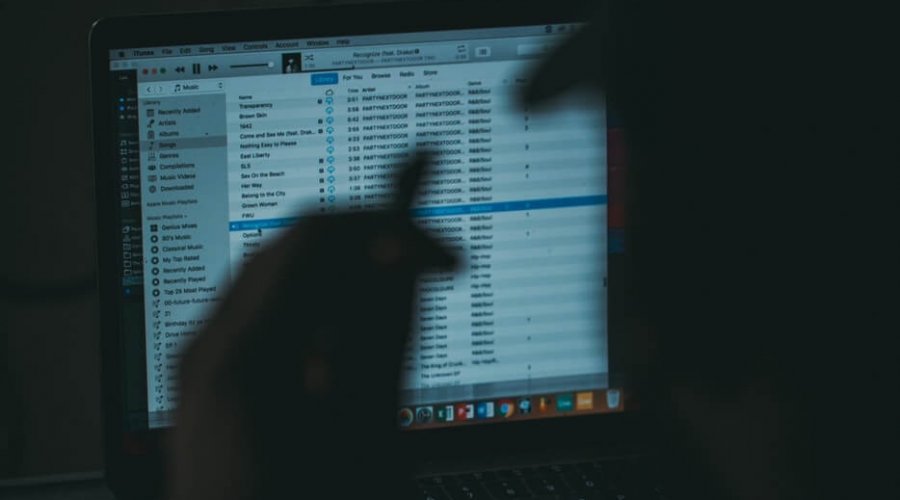This is a guest blog written by Robert Hill from Horus Music.
Understanding the role distribution plays in the music industry can be a difficult one. In this blog we will explain what distribution is, how it can be of a huge benefit to independent artists and how to find the distributor that is right for you. First things first, let’s clear something up…
Distribution Is Not the Same as Publishing
A music publisher collects royalties on behalf of songwriters and ensures their written works are protected. Distributors look after labels or independent artists, delivering their music to digital platforms. They also ensure any royalties generated from sales or streams are collected and accounted for. Every artist needs distribution of some kind whether their label has its own distribution in place or if they use an independent service. Essentially, the distributor is the link between the label/artist, and the stores themselves.
Distribution Is Essential
The importance of having your music available in as many stores as possible can’t be understated in the modern music industry. With streaming becoming the dominant method of music consumption, the royalties generated are far less than downloads or physical sales. Therefore, it makes sense to have as many income streams as possible.
On top of that, with so much new music available to everyone now, the average listener is less likely to go out of their way to search for your music on specific platforms. The easier you can make it for potential fans to find your music, the better.
While this is the main business of a distributor, these days distributors are becoming more like one stop shops for many services that independent artists might need. These can include services such as copyright protection, marketing and playlisting.
Because distributors now offer these extra bespoke services, they are of huge benefit to independent artists. It means an artist can look after their music and market it, all in one location, rather than paying several companies for similar services. By using distributors that are focused towards independent artists also, the level of service you can get from these companies is far greater.
What Should I Look for in a Distributor?
With so many distributors out there, however, it can be tough to find the one that is right for your needs as an artist. The first thing to consider is how the distributor operates in terms of payment. Do they work on a percentage basis or charge a subscription fee? You should also consider what else comes as part of the service. Can you get in touch with them over the phone if you have any issues? The importance of customer service cannot be underestimated, as these companies will be representing your music on stores and you will need to be in touch with them consistently. Are there any hidden costs for some extra services, such as taking content down or updating releases? The list goes on but these are all things you should be thinking about before signing up to a distributor.
Anara Publishing’s sister company, Horus Music, offer distribution on a subscription service, meaning you can send as many releases as you want to stores for a fixed yearly price. On top of that, they also offer everything mentioned above, with phone support, marketing services and video distribution also available. There is a lot to consider when looking into music distribution, but hopefully this blog has helped to clear up what some of the key areas and services to pay attention to are.

